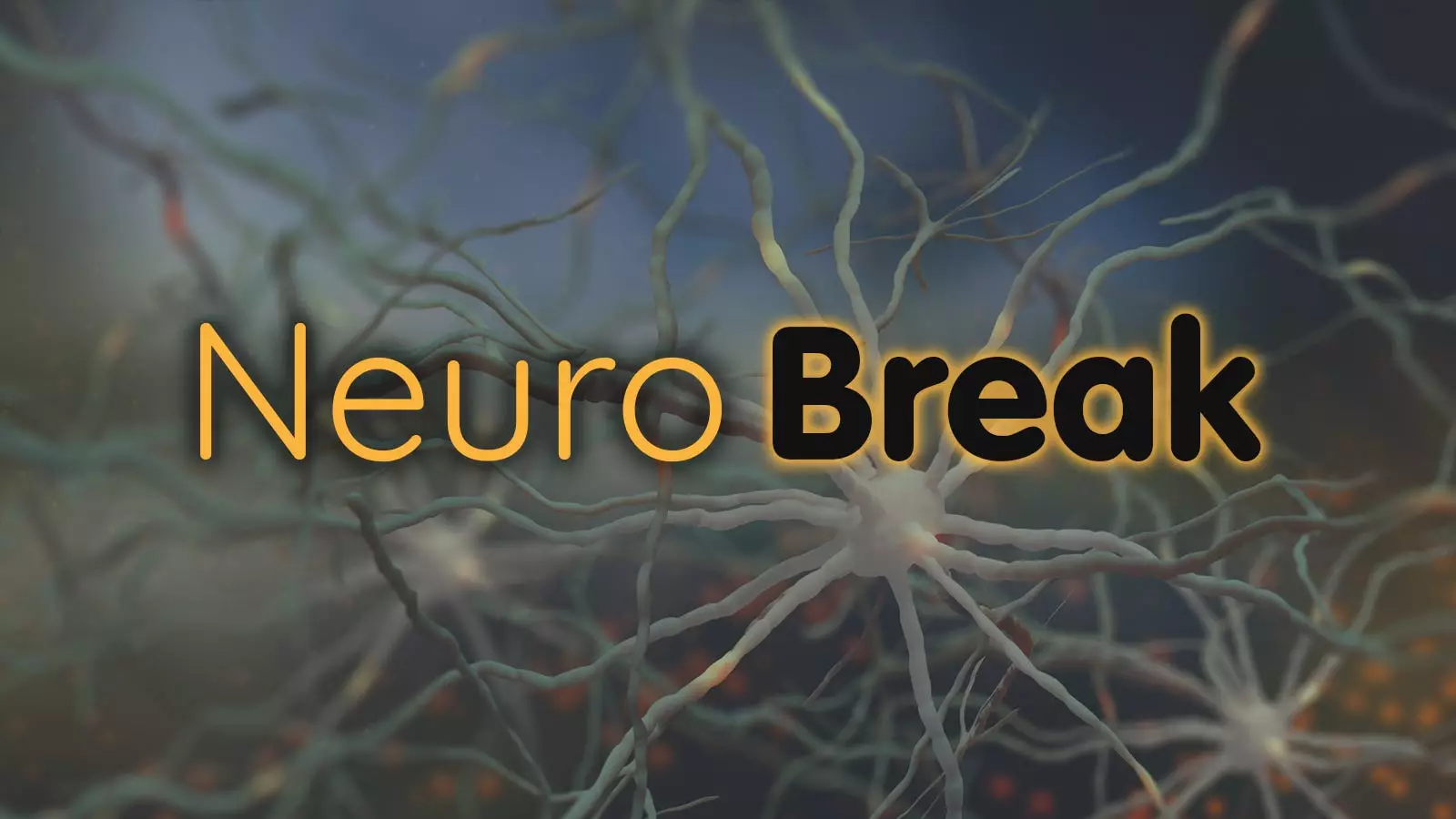In a recent study, researchers have delved into the phenomenon of some patients with dementia experiencing a brief period of clarity before their death. This unexpected occurrence has puzzled clinicians and researchers alike, as they try to unravel the mysteries of the human brain and its functions. By gaining a deeper understanding of this unique phenomenon, medical professionals hope to provide better care and support to patients with dementia in their final stages.
One of the key findings in neurology research is the identification of the protein FLVCR2 as a choline transporter responsible for most choline uptake into the brain. This discovery sheds light on the intricate mechanisms that regulate nutrient flow in the brain and opens up new possibilities for targeted treatments and interventions in brain-related disorders.
From the responsiveness of new-onset small fiber neuropathy to intravenous immune globulin (IVIG) therapy to the potential benefits of intravenous acyl-ghrelin in improving outcomes for comatose patients after cardiac arrest, the field of neurology is constantly evolving with innovative treatment options. These breakthroughs offer hope for patients and their families facing challenging neurological conditions.
In the realm of Alzheimer’s disease, researchers are exploring novel approaches to treatment, such as the use of anti-amyloid drugs and investigational therapies like donanemab. These groundbreaking studies aim to address the underlying mechanisms of the disease and develop more effective treatments to improve the lives of patients living with Alzheimer’s.
With the use of advanced imaging techniques like 7-Tesla resting-state functional MRI, researchers are mapping intricate brain networks that play a crucial role in human consciousness. These cutting-edge technologies provide unprecedented insights into the workings of the brain and pave the way for future discoveries in the field of neurology.
The recent developments in neurology and Alzheimer’s research highlight the progress being made in understanding complex brain functions and developing innovative treatments for neurological conditions. By staying at the forefront of scientific advancements, researchers and clinicians can continue to improve the quality of care for patients and bring hope to those affected by these challenging disorders.

Leave a Reply